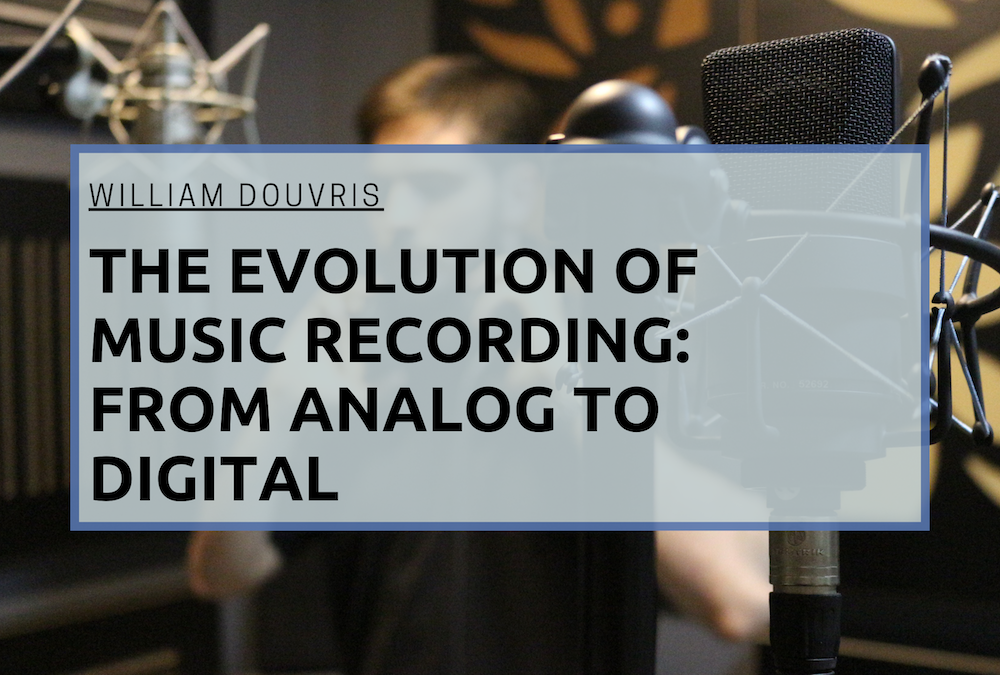The recording industry has undergone significant changes over the years, particularly in how music is recorded and distributed. The evolution of music recording from analog to digital is a prime example of how technology has transformed the industry. Let’s look at the differences between analog and digital recording and how they have influenced how we create and listen to music.
Analog recording involves capturing sound waves on a physical medium, such as magnetic tape or vinyl. In the early days of recording, artists would perform live in front of a microphone, and the sound would be captured directly onto a wax cylinder or disc. This method needed improved sound quality and the ability to edit and manipulate the recording.
In the mid-20th century, recording became the norm, with sound waves captured on magnetic tape. This allowed for more outstanding sound quality and the ability to overdub and edit recordings. However, the process was still time-consuming and required great skill and technical expertise.
In the 1980s, digital recording technology was introduced, revolutionizing the industry. Instead of capturing sound waves on a physical medium, digital recording involves converting sound into binary code and storing it on a computer or other digital device. This allowed for greater flexibility, ease of editing, and improved sound quality.
Digital recording also brought about a new era of music distribution with the rise of digital downloads and streaming services. Anyone with an internet connection can access millions of songs at the click of a button.
However, some argue that the move to the digital recording has come at a cost. The warmth and character of analog recordings have been lost in pursuing perfection and technical precision. Many artists and producers still prefer the sound of analog recording, and there has been a resurgence in the use of vintage recording equipment and techniques.
Despite this, the shift to the digital recording has brought about many benefits, including greater accessibility, convenience, and cost-effectiveness. It has also allowed for greater experimentation and innovation in music production.
The evolution of music recording from analog to digital has transformed the industry in many ways. While some may mourn the loss of the warmth and character of analog recordings, there is no denying digital technology’s benefits to the industry. As technology continues to evolve, we can only imagine the future of music recording.
